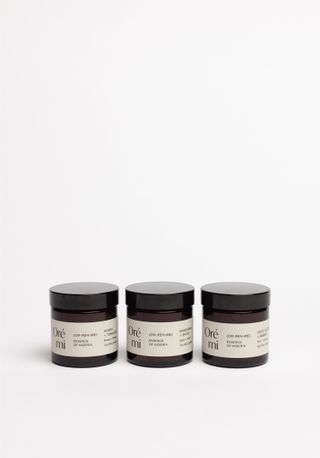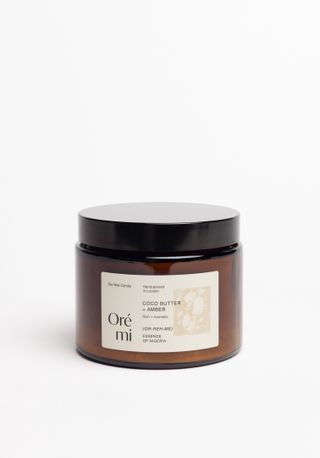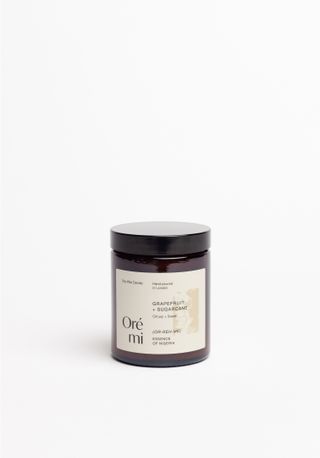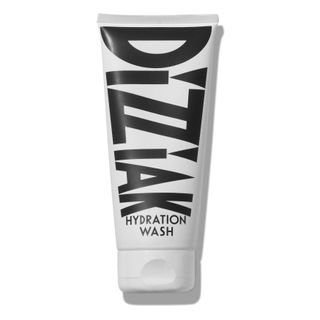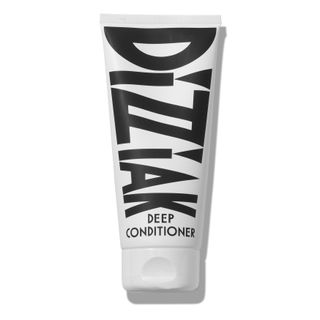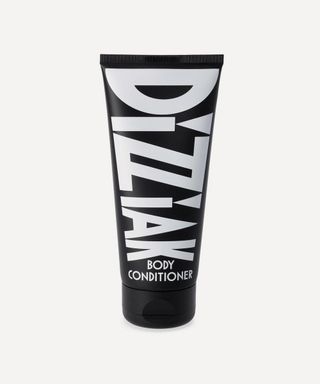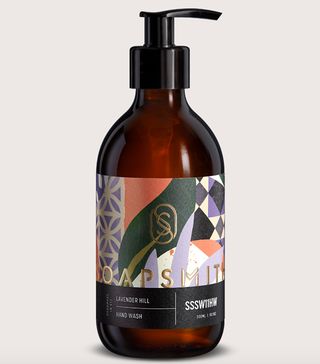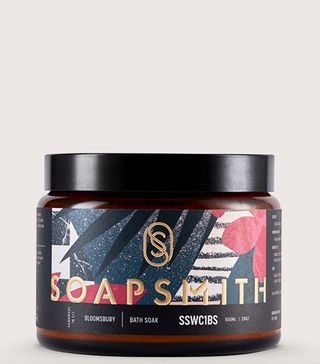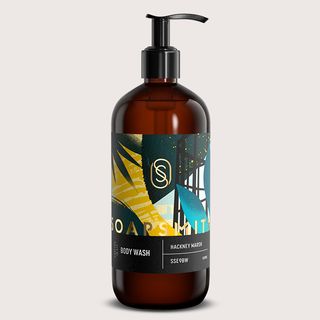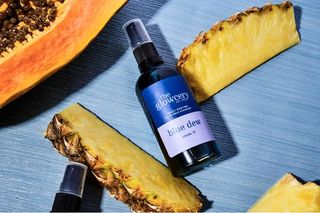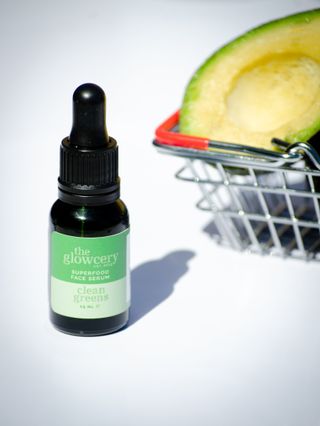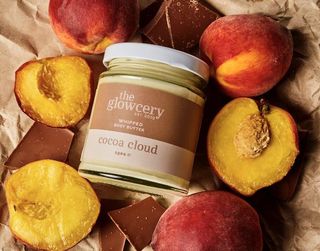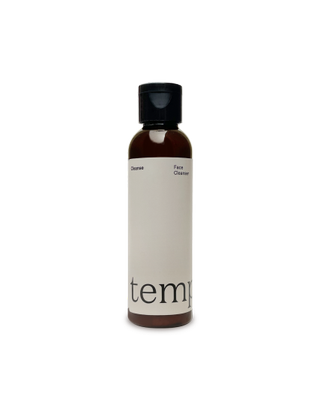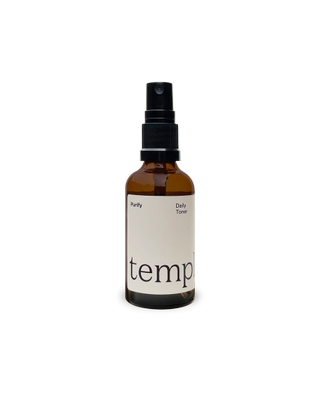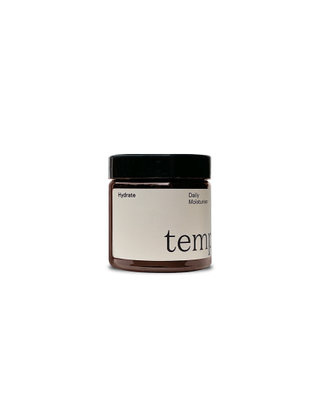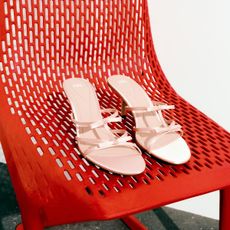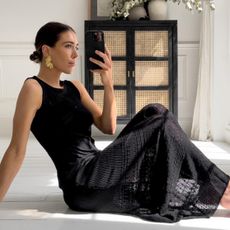This Is How the Black Beauty Council Is Set to Change the Industry for Good
The past two years have been heavy. Not just because we have been dealing with a pandemic but also because of social injustices that dominated the news. And when the Black Lives Matter movement hit headlines in May last year, the need for racial equality was propelled to the forefront of the global conversation.
Traditionally, the beauty industry, and its perceived fluffiness, has been left out of the global socioeconomic conversation, meaning it hasn't always been held accountable for its actions (or lack there of) in terms of diversity and inclusion. More recently, however, beauty brands and businesses have found themselves at the very centre of discussion. "Because beauty is visual and aesthetic, in some respect, it is the root of racism, because it’s what we see,” says Rhea Cartwright, beauty business consultant, beauty director at The Stack and founder of the Black Beauty Council. "Other things in life are invisible, but you can’t change or hide your race.”
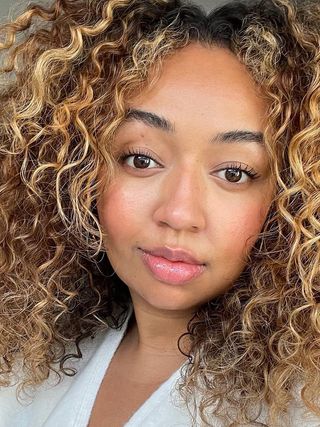
While the beauty industry has spent a lot of time talking about shade-range extensions and vowing to listen and learn, as 2021 draws to a close, we’re left asking the all-important question: Just how much has really changed? "What’s massively disheartening is that promises were made and not adhered to. When Black History Month came around this year, I thought of course the beauty industry would do something [to mark the occasion], but there was nothing of note,” says Cartwright.
It was at that moment she decided something should be done and set about launching the Black Beauty Council. "It’s a council and collective that comes together to drive change. I wanted to create an initiative that holds brands accountable. Not in a cancel-culture way, but in a way that can help guide them to make the right choices,” Cartwright explains.
The new council is set to mark major change for the beauty space in 2022, moving it into a forward-thinking, inclusive industry that’s more accessible to all. "It allows brands to fully prove their commitment rather than just say they are committed. It will give the opportunity for beauty businesses to sign a two-year or three-year contract that says they will adhere to certain requirements,” she says.
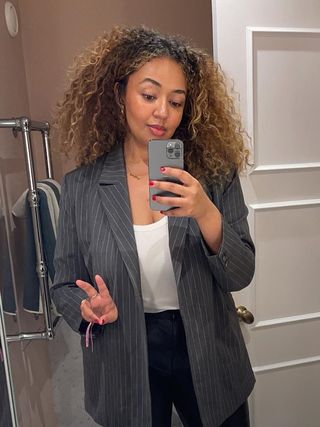
The key, explains Cartwright, is in making the industry see that more inclusivity and diversity equals capital gain. "The more people the industry markets to, the more money it makes,” she says. "Currently, the industry assumes that products marketed at white people are only for white people.” But that is very clearly not the case, with a plethora of non-Black-owned brands being incredibly popular across all races.
That’s why the Black Beauty Council’s first port of call will be within the retail space. "We want to make retailers aware that only 3% of the population in this country is Black. Bringing in Black-owned brands shouldn’t be about filling a quota. Retailers sometimes bring in brands marketed only for Black people, but you’re setting those brands up for failure because that brand is never going to hit the revenue the retailer requires,” she explains.
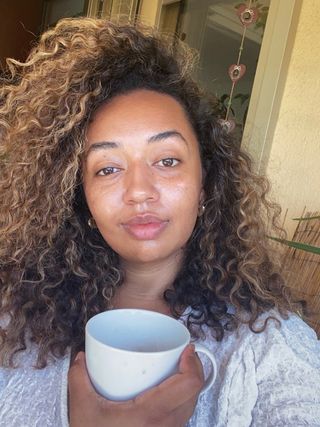
It's clear that the moves currently being made within the beauty retail space in an attempt to become more inclusive and diversified aren’t necessarily the right ones. "Running a business as a Black person in England is hard. You are far less likely to receive not just venture capital funding but even just a bank loan,” reveals Cartwright. This is why the Black Beauty Council will be focusing on running accelerator programs with retailers. "Sephora’s accelerator is doing incredibly well, allowing the retailer to build a fantastic cohort of brands. British retailers need to understand that systemic racism sometimes means that Black-owned brands don’t have the same level of business knowledge as others. There aren’t many examples within their community that they can learn from.”
This leads us to the topic of workshops and training—something else the Black Beauty Council will be looking to focus on. "When news broke that hairdressers now have to do mandatory training with Black and textured hair, I thought it was great, but it also risks taking money out of the pockets of Black-owned salons,” reveals Cartwright. "The better solution is that Black hairdressers are given a business boot camp on how to scale a business, for example. That is powerful and actually creates change because it drives economic power.”
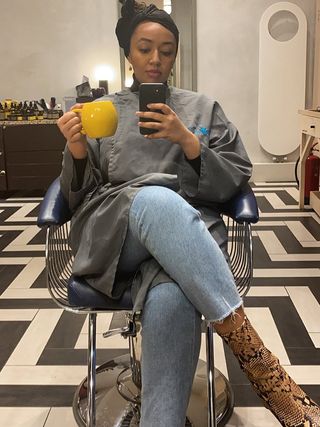
But it’s not just retailers and beauty-service professionals who will benefit from these workshops. "I want to start building out events and workshops for both the industry and consumers. The Black in Fashion Council, which is run by Lindsay Peoples Wagner of The Cut, has put together an amazing event schedule that discusses various topics through a Black lens. We will be using that example to really think about the curation of how a consumer-led beauty event should be,” she says.
The other key focus for the Black Beauty Council in 2022 will be on journalism. "Statistics prove that Black people in this country have the lowest economic strength. With the traditional route into the industry being through unpaid internships, we have to remember that Black journalists are already at a disadvantage when compared to their white counterparts,” explains Cartwright. And as for Black journalists already in the industry? There's change to be made there, too. "Even when the role exists, you are always asking yourself if you’re there for optics or because your publication really wants change. Senior leaders in journalism need to be questioning who they support, push and pull, and it’s important we have these conversations.”
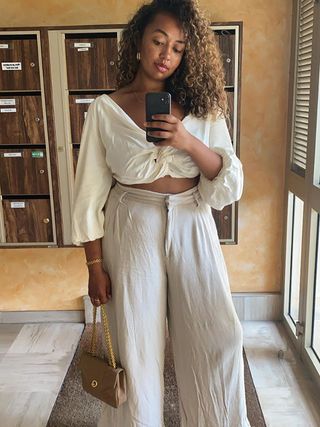
With the launch of the Black Beauty Council, beauty brands and industry leaders should, in theory, be held accountable for the change they've been promising for so long, making 2022 a pivotal year for the beauty industry. "The role of the council is to really demonstrate that diversity isn’t just skin colour and that Black people don’t all have the same tastes. There is diversity in socioeconomic upbringing and education, too. These nuances need to be understood for the beauty industry to realise that just because one Black person loves a product doesn’t mean all Black people will,” Cartwright summarises.
For insight into the UK-based, Black-owned beauty brands that Cartwright already has on her radar, we asked her to share five brands she thinks deserve the spotlight. Keep scrolling to shop the Black-owned UK beauty brands she swears by.
Oré Mi Studios
"It was love at first sniff with Oré Mi. The scents are deliciously sexy, burn incredibly well and look great on display too! Why the brand is not in a retailer yet is beyond me because I think they would do massively well.”
Dizziak
"My most-used and -loved shampoo and conditioner of all time is from Dizziak. It magically suits nearly all hair textures, and its latest foray into bodycare with a nurturing body lotion is another hit when it comes to rescuing dry limbs.”
Soapsmith
"With a set currently in my bathroom, I love that the founder of Soapsmith, Samantha Jameson, has created scents inspired by the vibrancy and diversity of London.”
The Glowcery
"The Glowcery’s Blue Dew Cleanser gently emulsifies and obliterates makeup—a must-have for a deep clean this party season.”
Temple Skincare
"Marketed towards men but suitable for all, you’ll be stealing Temple Skincare from your boyfriend for once, instead of the other way around.”
Shannon Lawlor is a renowned beauty journalist and has contributed to Who What Wear’s beauty content since 2020. As a leading beauty editor, expert and brand consultant, she has over eight years of experience working for some of the industry’s most esteemed titles, including Who What Wear (of course), Glamour UK, Stylist, Refinery29 and Fabulous.
Having also worked behind the scenes with some of the industry’s biggest brands and retailers, Shannon has a unique insight into what people really want from their beauty routines. Understanding that beauty lovers seek honest, open and responsible advice, she has it made her mission to demystify the intimidating world of beauty, taking a no-frills approach to the most relatable topics.
While Shannon is the first to admit she doesn’t hold the answer to every beauty question out there, she is dedicated to sharing her expert insights in a bid to help. As a self-proclaimed lazy girl, Shannon has an affinity for easy-to-use, foolproof beauty products and has made it her mission to scope out the best of the best.
When she’s not working, Shannon is likely soaking in the bath or giving no-holds-barred beauty reviews on Instagram from her bathroom floor.
